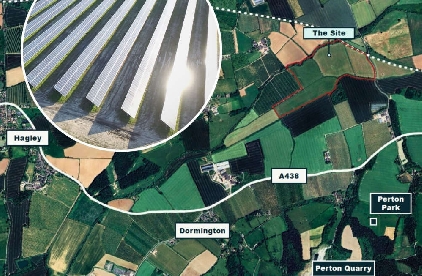
A plan to put up over 34,000 solar panels on Herefordshire farmland has been given the go-ahead despite being opposed by locals and the leader of the county council.
Reading-based Anesco applied a year ago for planning permission to create a 20-megawatt solar farm on 30 hectares alongside the Hereford-Ledbury railway line and river Frome near Stoke Edith.
Coun Clare Fenton of neighbouring Weston Beggard parish council told Herefordshire Council’s planning committee that the scheme “failed key tests” in national planning policy relating to renewable energy developments as there would be harm to local heritage.
“This is not a modest proposal”, she added, with its fencing substations, transformers and inverters “effectively industrialising open countryside”, which is “part of Herefordshire’s rural identity and economy”.
Nearby resident Dr Victor Breeze said the panels “will not generate energy when we need it, in winter”, and questioned whether it would indeed be restored to agricultural use in 40 years’ time.
Local ward councillor Jonathan Lester, who is also leader of the county’s controlling Conservative group, called it “environmental blight” and said the claim renewable energy protects our environment “flies in the face of protecting our green and pleasant land”.
But Anesco project developer Tom Clements said the site “is ideally suited to solar”, with a “favourable on-site grid connection” at nearby Dormington, while a landscape strategy would “fully mitigate” the visual harm “by year 15”.
Recommending approval, planning officer Rebecca Jenman said that engagement between Dormington parish council, which did not object to the latest proposal, and the operator of the solar farm there has meant “the local community has seen benefits”.
For the committee, Coun Bruce Baker thought that, with no houses nearby, the Stoke Edith location was “ideal, if we’ve got to have these things”.
But Coun Elizabeth Foxton thought it would be a “further blot on a highly valued landscape” alongside the nearby Dormington and Westhide solar farms, and a “waste” of land better that would be used for food production.
Chairman Coun Terry James reminded colleagues that “not liking it is not grounds for refusal”, and that previous and current governments “are in favour of solar panels in open countryside”.
“I don’t like it, but we have to accept that is the policy nationally,” he said.
The committee voted by a majority to grant full planning permission for the scheme.


 The Courtyard Announces First Wave of Headline Acts for The Amp
The Courtyard Announces First Wave of Headline Acts for The Amp
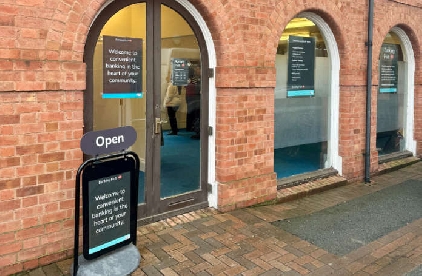 New banking hub opens in Leominster
New banking hub opens in Leominster
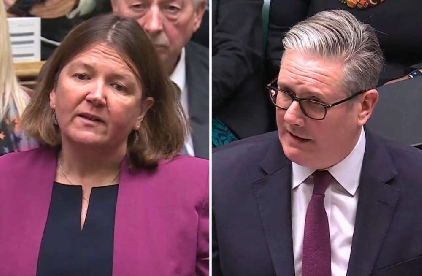 Ellie Chowns blasts ‘ridiculous’ Starmer at PMQs
Ellie Chowns blasts ‘ridiculous’ Starmer at PMQs
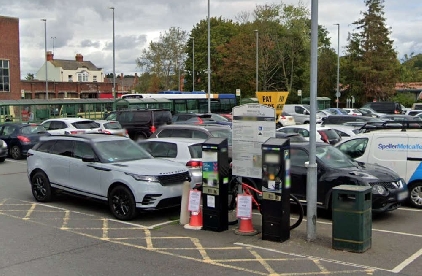 Hereford car park charges to rise, along with free offer
Hereford car park charges to rise, along with free offer
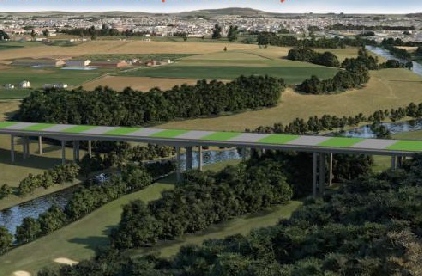 Senior figures clash on Hereford bypass which ‘won’t happen’
Senior figures clash on Hereford bypass which ‘won’t happen’
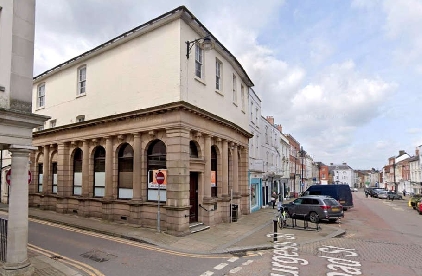 New takeaway plan for former bank
New takeaway plan for former bank
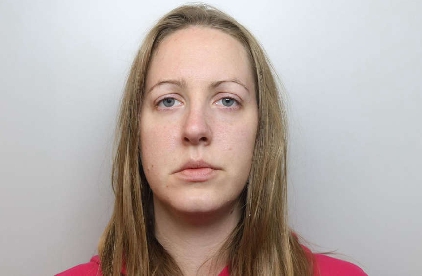 Child serial killer Lucy Letby will face no further criminal charges
Child serial killer Lucy Letby will face no further criminal charges
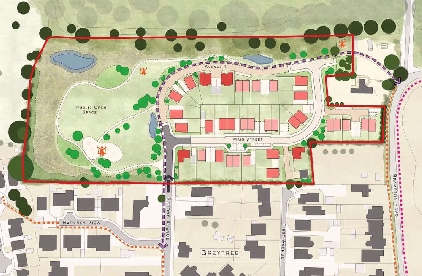 35-home estate planned for town
35-home estate planned for town
